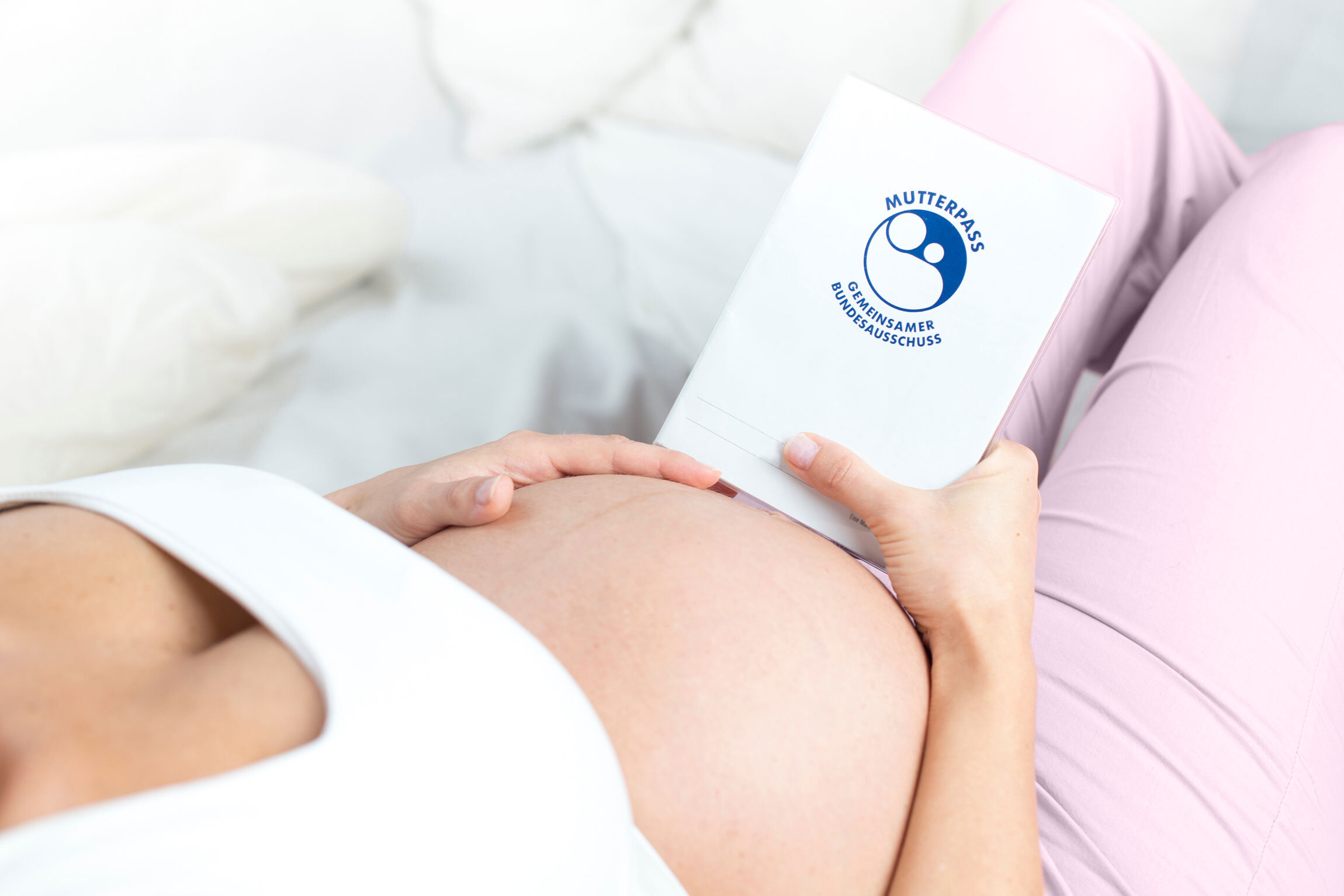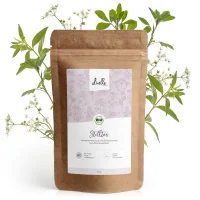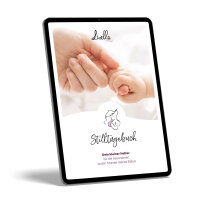Iron is a trace element that is needed for many processes in the human body. For instance, iron is involved in the transport of oxygen to the cells. During pregnancy, your body’s iron needs increase.
This is partly due to the fact that your body needs additional iron to form red blood cells for the baby that is developing in your body. Iron is further needed for the development of the placenta and uterus.
As the need for iron increases, so does the mother’s risk of developing an iron deficiency. What happens if you have low iron in pregnancy? Can iron deficiency in pregnancy affect baby growth? And how can iron deficiency be prevented?
Table of content
Iron deficiency in pregnancy: symptoms to look out for
What is a normal iron level in pregnancy?
Preventing iron deficiency in pregnancy through a healthy diet
How to overcome iron deficiency in pregnancy
What are the risks of iron deficiency in pregnancy?
A final word on low iron in pregnancy
Iron deficiency in pregnancy: symptoms to look out for
In order to detect iron deficiency in pregnancy at an early stage, it’s important to know what symptoms to look out for. Pregnant women show the same signs of iron deficiency as women who are not pregnant.
Typical symptoms include:
- pale skin
- reduced ability to concentrate
- heart palpitations (possible)
- headaches (possible)
- breathlessness
- tiredness and fatigue
- hair loss
Don’t hesitate to consult your GP if you notice several of these symptoms. They will then proceed to check your iron levels to determine whether you suffer from iron deficiency or not.

What is a normal iron level in pregnancy?
Your iron levels are checked during the standard antenatal check-ups and tests which you are offered during pregnancy. During the appointment, your haemoglobin level (Hb) is measured to see if you have sufficient iron stores.
Haemoglobin is the red blood pigment that binds the oxygen in the red blood cells so that it can be transported from the lungs to other parts of the body. Since iron is essential to the formation of haemoglobin, a low Hb may be an indication that you have an iron deficiency.
But what is a normal iron level in pregnancy? The minimum haemoglobin level is 11 g/dL (grams per deciliter) in the first and third trimester and 10.5 g/dL in the second trimester.
Preventing iron deficiency in pregnancy through a healthy diet
The recommended daily iron intake for pregnant women is 30 mg per day, which is about twice as much as for other women. In order to meet the body’s increased iron needs, mums-to-be need to pay special attention to their diet during pregnancy.
Eating a balanced diet that includes lots of iron-rich foods can help prevent iron deficiency in pregnancy. Iron-rich foods include:
- red meat
- fish (pay attention to the type and always cook fish well)
- eggs
- cereals
- nuts
- pulses such as chickpeas and green peas
- green vegetables such as spinach and kale
- seeds
- wholemeal products
Good to know: Your body only absorbs a portion of the iron contained in the foods you eat. To help your body absorb iron, you can accompany meals with a glass of orange juice or anything else that contains vitamin C. Black tea, milk and coffee, on the other hand, adversely affect iron absorption and should therefore only be consumed with enough time between meals.
Pregnant women who follow a vegetarian or vegan diet are at an increased risk of low iron in pregnancy. This is because iron from animal-based protein is better absorbed than iron from plant-based protein. You should therefore pay particular attention to what you eat during pregnancy if you are vegetarian or vegan. Of course, this also applies to your breastfeeding diet.

How to overcome iron deficiency in pregnancy
How can I recover from iron deficiency during pregnancy? This is a common question among mums-to-be who have been found to have low iron levels. An iron-rich, balanced diet is typically enough to prevent low iron in pregnancy.
However, if dietary changes are not enough to solve the problem, your GP will recommend additional treatment. Treatment options for iron deficiency include:
- Iron tablets: Iron tablets are the most commonly chosen treatment for iron deficiency in pregnancy. However, iron supplements should only be taken if prescribed by a doctor. Possible side effects include constipation.
- Juices made from herbal extracts: Pharmacies or health food stores often sell special juices that are particularly high in iron due to certain herbal extracts and support good iron absorption.
- Intravenous iron: Intravenous iron (i. e. giving iron directly into the mother’s bloodstream) is reserved for very few exceptional cases. Dietary supplements are usually sufficient.
Please note: Iron tablets or other forms of iron supplements should only be taken if prescribed by a GP. After all, too much iron isn’t good either. So better consult with your GP first before taking any supplements during pregnancy.
What are the risks of iron deficiency in pregnancy?
Can low iron be dangerous in pregnancy? This is probably the most pressing question for future mums who worry about their baby’s healthy development. If iron levels plummet during pregnancy, this can have various negative consequences for the child. These can include:
- premature delivery
- low birth weight
- delayed growth in the first years of life
- decreased learning ability in later years of life
- weakened immune system and therefore higher risk of illness and infection
A final word on low iron in pregnancy
- Eating a healthy, balanced diet can help prevent iron deficiency in pregnancy. If this is not enough, your GP can prescribe iron tablets.
- Typical symptoms of low iron in pregnancy include tiredness, forgetfulness and headaches.
- Possible risks for the baby include premature birth, low birth weight and reduced performance and learning ability in later years of life.
- During pregnancy, iron levels should not be lower than 11 g/dL (10.5 g/dL in the second trimester).
References
- Eisenmangel: So beugen Schwangere vor | Apotheken Umschau (apotheken-umschau.de)
- Rundum - Schwangerschaft und Geburt - BZgA Shop
- Eisenmangel verursacht Frühgeburten: www.frauenaerzte-im-netz.de
- Wie man Eisenwerte in der Schwangerschaft hoch hält (pharmazeutische-zeitung.de)
- Hämoglobin – Was ist das? | DRK Blutspende-Magazin
- The relationship of hemoglobin and hematocrit in the first and second half of pregnancy with pregnancy outcome - PMC (nih.gov)
















